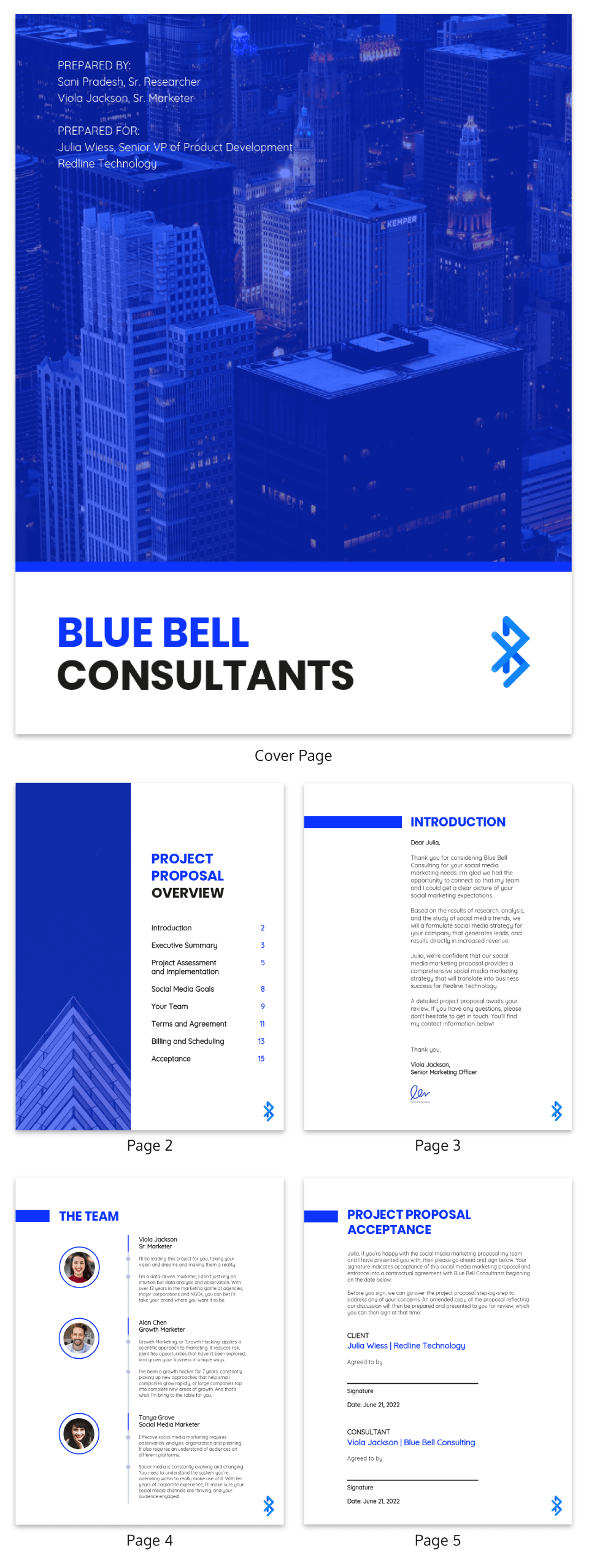
With many organizations looking to lower costs and increase productivity, the demand for principal consultants is increasing. Consultants can help businesses implement new technologies, and expand their reach into new countries. To become a principal consultant, you typically need a bachelor's degree in a relevant field, though many employers also prefer applicants with an MBA, a two-year course that includes coursework and a research project. These are some tips to help you get started in this field.
Career outlook for principal consultants
Principal consultants generally have a positive outlook on their job, but they can also be assigned a variety of tasks. Principal consultants work in project management and team management. They also help companies with business challenges. Additionally, they might be involved in thought leadership or business development. Principal consultants are typically part of teams but should be able work independently and manage their own projects. The following are three trends to look out for in your career.
Education and experience. Candidates usually need a bachelor’s degree in order to be a principal consulting. However, many potential principal consultants have a master's degree in business administration or a related field. Employers prefer candidates who have worked in relevant fields. Most organizations prefer applicants with at least an undergraduate degree. A doctorate in this field is also desirable. For compensation, the average annual salary for principal consultants is $80630.

Education is required
A principal consultant is an executive position at a consulting company. As a principal consultant, you will oversee the work of junior consultants as well as provide guidance and leadership for others in the company. You will need to have at least five years of experience in consulting, as well as a bachelor's or master's degree. You may also be eligible to become a principal consultant if you have completed undergraduate studies. These courses can help you improve your leadership skills.
It is common for the principal consultant to recommend effective strategies to increase the company's bottom-line. They might also specialize in certain industries, such technology or health care. You will be different from other consultants if you have this specialized knowledge. The most common industries are finance, marketing and human resources. The specific type of education you pursue will depend on the industry you hope to enter. Principal consultants will often have industry-specific training, in addition to a bachelor’s degree.
Your potential to earn
Experienced consultants can make more as principal consultants. Clients often seek out principal consultants who have more experience than 10 years. Additional training may be required to keep current with technological developments and regulatory changes. While the annual mean salary of a consultant is $80630, the earnings of top executives can exceed $163470. This article discusses factors that can influence the earnings of principal consultants.
The median salary for a Principal consultant varies depending on where they are located and how much experience they have. According to ZipRecruiter, an entry-level Principal Consultant can earn up to PS82,500 a year. A mid-career Principal Consult can earn Rs16.7 Lakhs annually. An average salary for a senior Principal Consultant is Rs16.7 Lakhs per year. The earning potential of a principal consultant who has more than 20 years experience may be higher than the national average.

Career path
A career as a principal consultant requires specific skill sets that will help you succeed in the position. While many consultants are well-versed in general business knowledge, some have specific industry knowledge that will help them stand out from their competition. For aspiring principal consultants, certifications in particular areas of business can be very beneficial. This will enable them to broaden their knowledge and increase their experience. These certifications also allow you to highlight your expertise and set yourself apart from other consultants.
A principal consultant is responsible for managing all phases of projects. They may be involved in the management of a team and work with clients to solve difficult business problems. A principal consultant, upon reaching the level of director, will be expected to manage a firm's new business development and strategic planning, generate new business, and maintain client relationships.
FAQ
How did modern consultancy come about?
The first consultants were accountants who helped companies manage their finances. Their skills in managing financial information led to them being called "accounting consultant". But, their role soon expanded to other areas such as human resource management.
The French word for advice, "consultant", was originally used to describe someone who could advise on the management of an organization. Today, business owners still use the term consultant to refer to any type of professional advisor.
What qualifications are required to become a consultant?
It's not enough just to have an MBA degree; you must also demonstrate experience working as a business consultant. You should have at least two years of experience in consulting and/or training for a major company.
You will need to have worked closely alongside senior management teams in order to develop strategy projects. You will need to feel comfortable communicating ideas to clients and getting their support.
A professional qualification exam, such as the Certified Management Consultant (CMC), of the Chartered Management Institute (CMI), is also required.
Can anyone be an advisor?
A consultant is someone that helps you achieve your goal. They can offer advice on how to do it better, faster and cheaper.
Consultants can help you resolve problems, make decisions, and negotiate with other people.
Consultants can be hired to assist with specific tasks or projects.
Consultants are usually paid hourly, daily or per project.
What are some of the advantages to being a Consultant?
As a consultant, you can usually choose when you work and what you work on.
This means that you are able to work from wherever you're at any time.
It means that you can change your mind easily without worrying about losing your money.
You can finally control your income and create your own schedule.
How much should you charge as a consultant?
It all depends upon what you offer. If you are offering services for free, it is not worth charging anything. But if your services or products are for sale, you will need to establish prices that reflect their value.
You don't have any products to sell if you provide low-quality services. So why would anyone pay you anything?
If you're providing high-quality services you might ask for a greater price. Because people are aware of the value you provide, they will be more willing to pay you a higher rate. It is possible to offer discounts to clients who order multiple packages.
How do you choose a consultant to help me?
There are three key factors to be aware of:
-
Experience - How skilled is the consultant? Are they a beginner, intermediate, expert, or some other level? Does her resume demonstrate that she has the required skills and knowledge
-
Education - What did this person learn during school? Did he/she pursue any relevant courses once he/she graduated? Were there any evidences of this learning in his/her writing?
-
Personality - How do we feel about this person? Would we want him/her to work for us?
-
The answers to these questions help determine if the consultant is right for our needs. If you do not have the answer, it is worth interviewing the candidate to find out more.
What can I expect of my consultant?
When you choose your consultant, they should respond within a few working days. They will usually ask for information about your company, including its mission, goals, products, services, budget, etc. Next, they'll provide a proposal describing the scope and estimated time frame, fees, deliverables or milestones, as well as an estimate of costs.
If everything looks good, then the two parties will negotiate a written contract. The type relationship between the two sides (e.g. employee-employer or independent contractor-employer) will dictate the terms of the contract.
If all goes well, the consultant will start working immediately. You will have access both to your documents and internal resources and the consultant's skills and knowledge.
Don't think that consultants are experts. To become an expert in any field you consult, it takes practice and effort. Do not expect your consultant to be an expert in every aspect of your business.
Statistics
- On average, your program increases the sales team's performance by 33%. (consultingsuccess.com)
- According to statistics from the ONS, the UK has around 300,000 consultants, of which around 63,000 professionals work as management consultants. (consultancy.uk)
- WHY choose me: Why your ideal client should choose you (ex: 10 years of experience and 6-week program has helped over 20 clients boost their sales by an average of 33% in 6 months). (consultingsuccess.com)
- My 10 years of experience and 6-step program have helped over 20 clients boost their sales by an average of 33% in 6 months. (consultingsuccess.com)
- According to IBISWorld, revenues in the consulting industry will exceed $261 billion in 2020. (nerdwallet.com)
External Links
How To
What Does A Typical Day For A Consultant Look Like?
A typical day will vary depending on the type of work you are undertaking. You will be spending time researching, planning new ideas, meeting with clients, and creating reports.
You will often have meetings where you discuss issues and problems with clients. These meetings can be done over the phone or via email.
The proposal is a document that outlines your ideas and plans to clients. You'll need to discuss your proposals with a mentor, colleague, or friend before you present them.
After all the preparation and planning, it's time to actually create some content. This could include writing articles, designing websites or editing photos.
Depending on your project's scope, it may be necessary to do research to get relevant statistics. You might need to determine how many customers you have, and whether they buy more than one product.
Once you have collected enough information, it's now time to present the findings to your clients. Your findings can be presented orally or written.
You must also follow up with clients following the initial consultation. You could phone them occasionally to check on things or send an email asking them to confirm that you have received their proposal.
Although it takes time, this process is worth it. It's also important to keep your eyes on the prize and maintain good relations with clients.